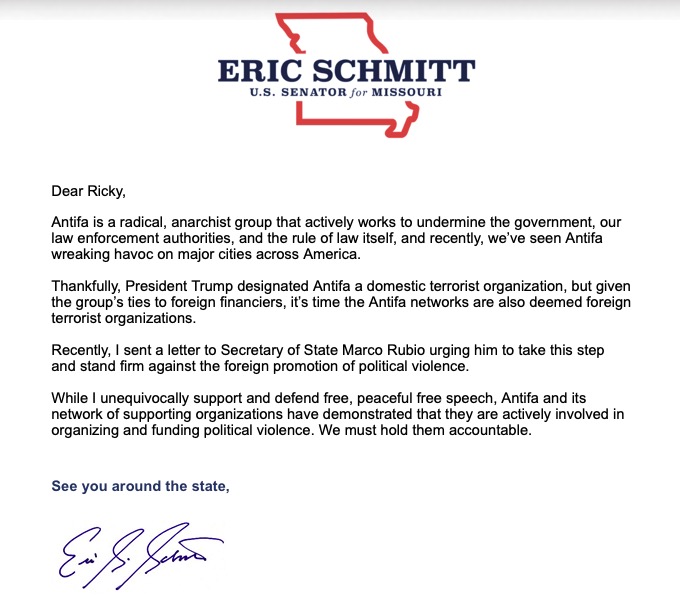Tag: Ricky Dana
-
Powerful Wake-Up Call: Missouri Economy Rigged Against Working Families
The headlines say the economy is fine, but families in Missouri’s 4th District know better. Costs are up, paychecks are stretched, and the top 1% is hoarding more wealth than ever. I break down what’s really happening in the Missouri economy, why the middle class is under attack, and how we can boost growth from…
Written by

-
Powerful Warning: Missouri 4th District Redistricting Rigged Against Voters
Missouri’s Trump-backed redistricting scheme is designed to lock in power and weaken voters in the Missouri 4th District. When I’m elected as your congressman, I’ll fight to end gerrymandering, protect rural communities, and put people — not party bosses — back in charge.
Written by

-
Mark Alford Ethics Violations: Shocking Pattern of Rule-Breaking
Mark Alford’s public record shows a pattern of ethics concerns, bullying tactics, and performative “rule of law” talk that doesn’t match his behavior. Rural Missouri deserves straight shooters, not political theater.
Written by

-
Mark Alford Vacations on Taxpayer Dime While Missouri Families Pay the Price
As the federal government remains shut, Rep. Mark Alford is taking a taxpayer-funded “district work” vacation instead of negotiating a deal — and Missouri’s families, farmers and rural towns are paying the price.
Written by

-
Guess what? It must be God’s will—until it isn’t.
The FACTS are: A monster storm named Hurricane Melissa is bearing down on Jamaica and the Caribbean with catastrophic strength — Category 5, winds near 160–175 mph, and up to 30–40 inches of rain expected. Meanwhile, the U.S. has a massive military fleet — 8 warships, about 6,000 troops, dozens of aircraft — already in…
Written by

-
Big Pork’s Lies Are Hurting Missouri Farmers and Rural America
Big Pork’s lobbyists are terrified — because independent farmers are fighting back. Proposition 12 isn’t killing family farms; it’s saving them from corporate monopolies that have gutted rural America for decades.
Written by

-
Eric Schmitt’s Antifa Fear-Tactics EXPOSED: MAGA Rhetoric and Dangerous Deception
Senator Eric Schmitt’s new “Antifa” letter is pure MAGA fear-mongering—no facts, no proof, just political theater. Missouri deserves leaders who fight for farmers and families, not culture-war headlines. It’s time to call out this recycled rhetoric and get back to real issues that matter to Missourians.
Written by

-
Mark Alford’s Record Against Missouri — The Shocking Truth When Politicians Forget Who Sent Them
Mark Alford record against Missouri shows deep cuts to rural care, shutdown chaos, and paper promises. Missouri families deserve better.
Written by

-
Our Money Not Theirs — Powerful Reminder for Officials Who Forget It’s Ours
Elected officials are stewards, not owners. This post reminds every mayor, governor, and member of Congress that public funds are the people’s money—period—and demands transparent, accountable budgets.
Written by

-
Disgraceful: Mark Alford Shutdown Blame Game Highlights GOP Dysfunction and Failure to Govern
Mark Alford is pointing fingers at Democrats while Republicans control all three branches. This disgraceful GOP dysfunction is hurting Missouri’s farmers, families, and rural hospitals.o
Written by
